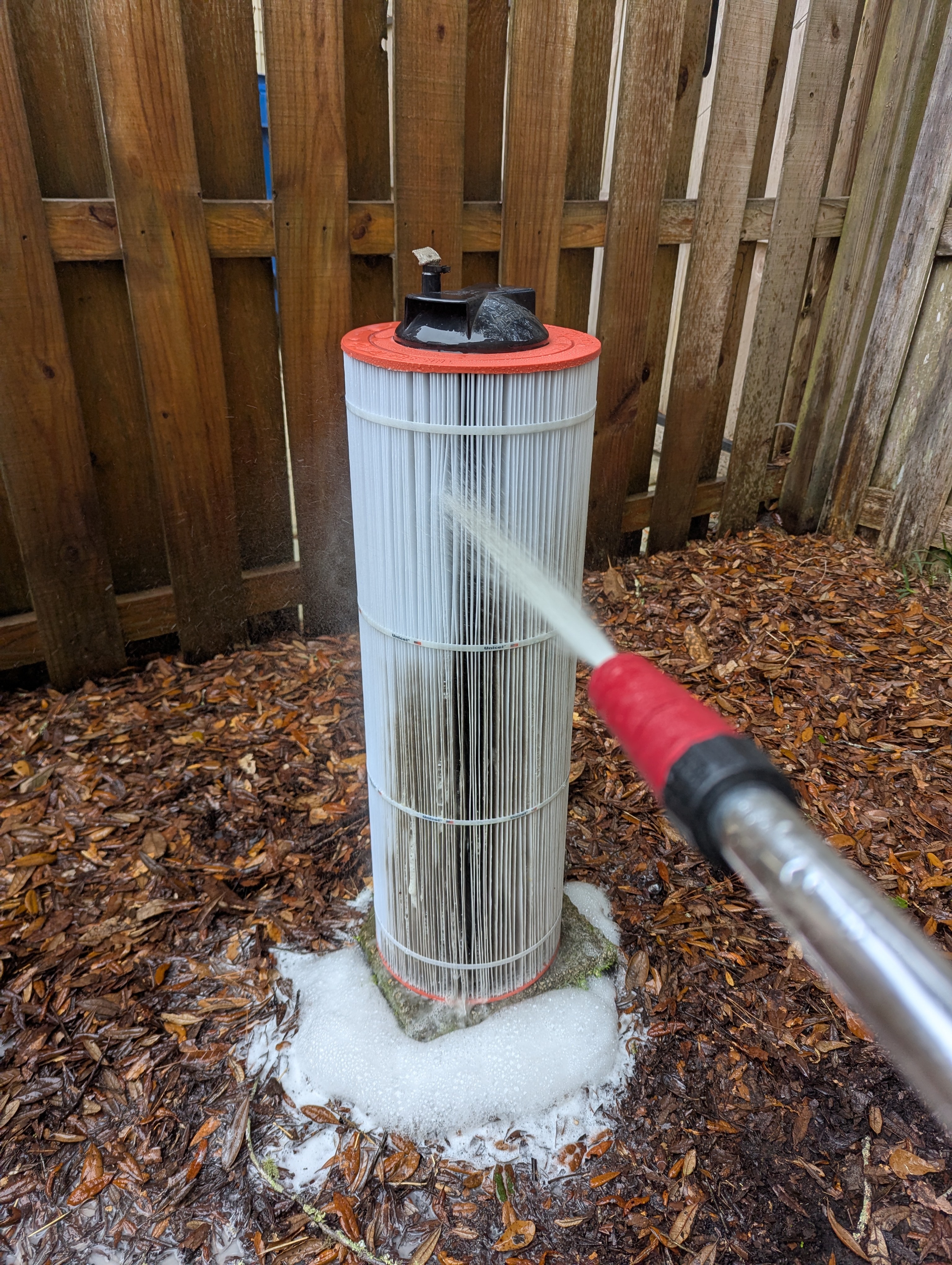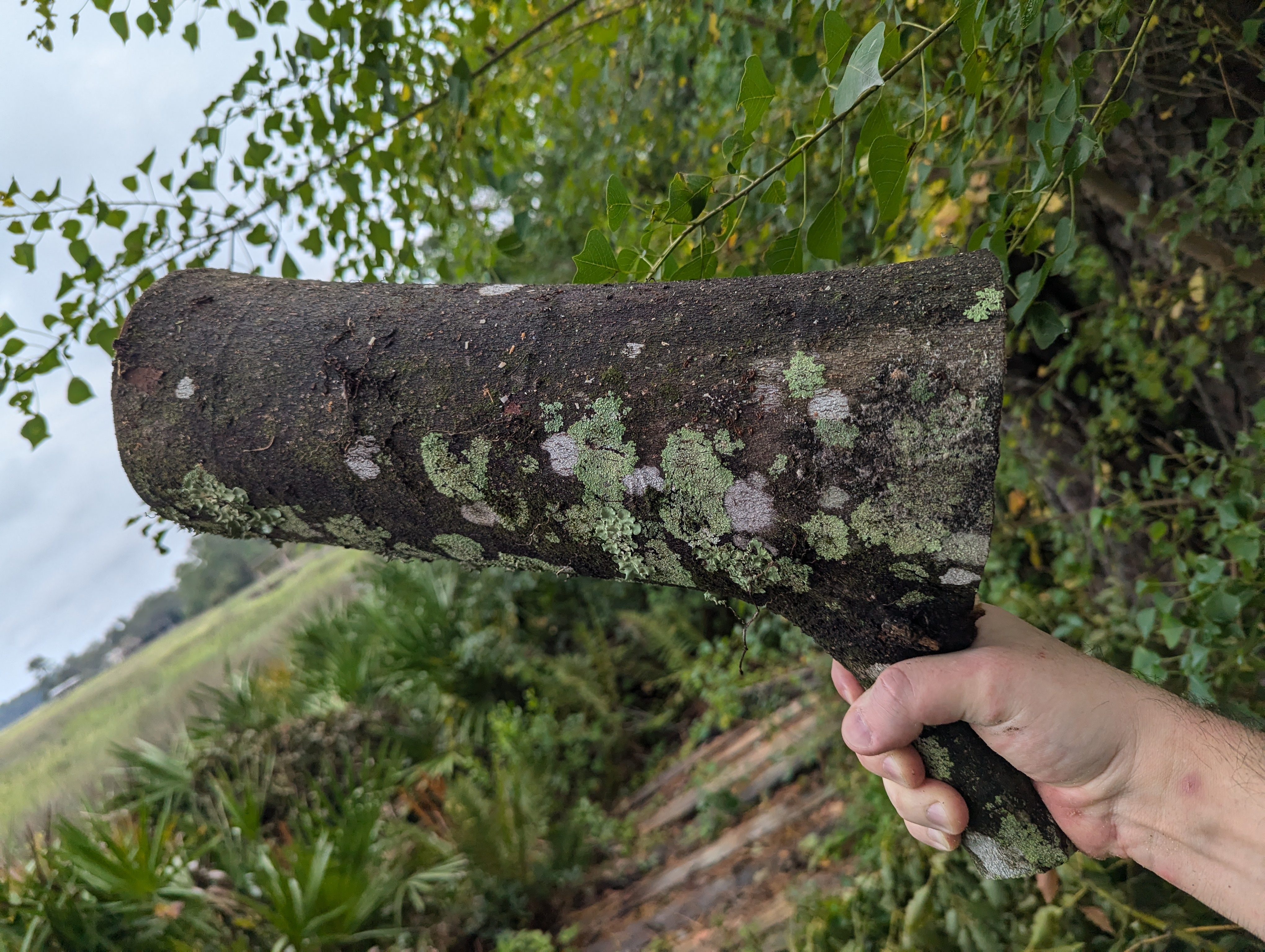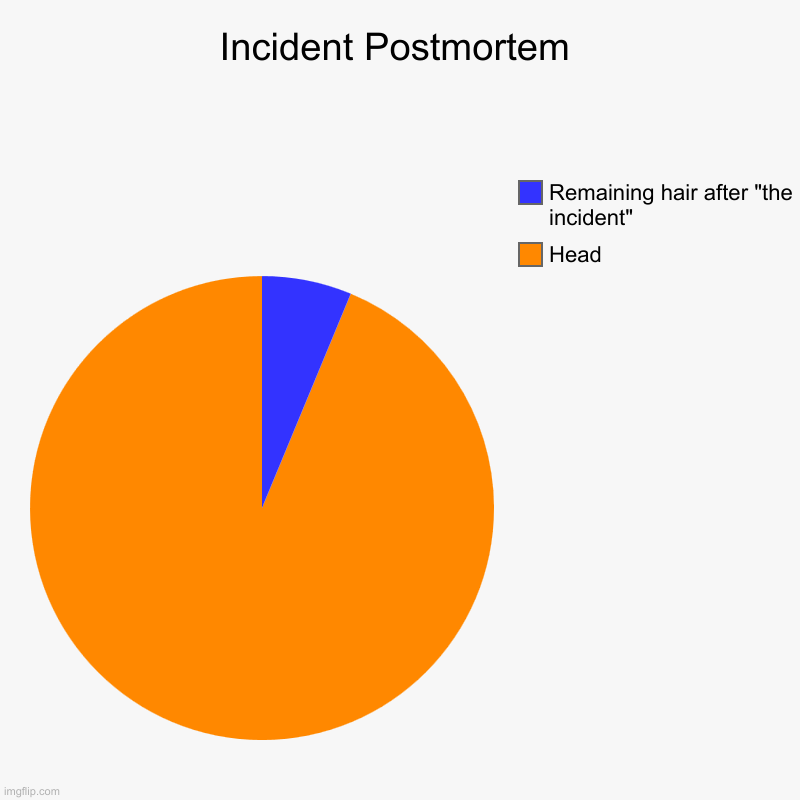From a copyright perspective, you don't need to ask for permission to train an AI. It's no different than taking a bunch of books you bought second-hand and throwing them into a blender. Since you're not distributing anything when you do that you're not violating anyone's copyright.
When the AI produces something though, that's when it can run afoul of copyright. But only if it matches an existing copyrighted work close enough that a judge would say it's a derivative work.
You can't copyright a style (writing, art, etc) but you can violate a copyright if you copy say, a mouse in the style of Mickey Mouse. So then the question—from a legal perspective—becomes: Do we treat AI like a Xerox copier or do we treat it like an artist?
If we treat it like an artist the company that owns the AI will be responsible for copyright infringement whenever someone makes a derivative work by way of a prompt.
If we treat it like a copier the person that wrote the prompt would be responsible (if they then distribute whatever was generated).




"Pretending to be a young girl in order to commit fraud against your own child brings dishonor to your family."
"Alcoholism brings dishonor to your family."
"Narcissism brings dishonor to your family."
"Put a family picture on your next bottle of alcohol to remind you why you're alone."